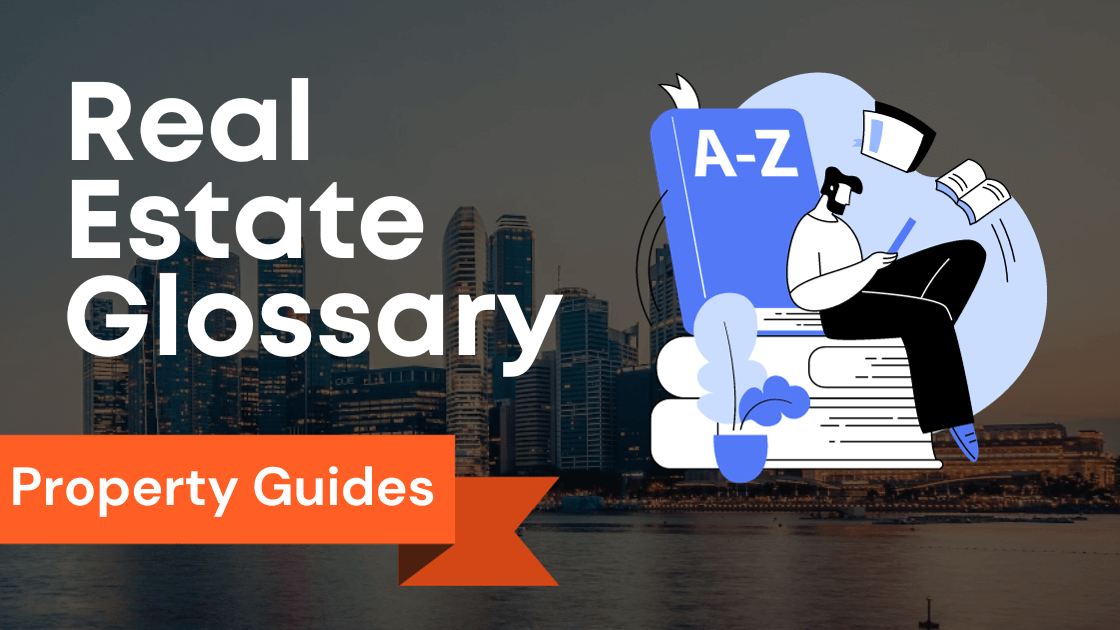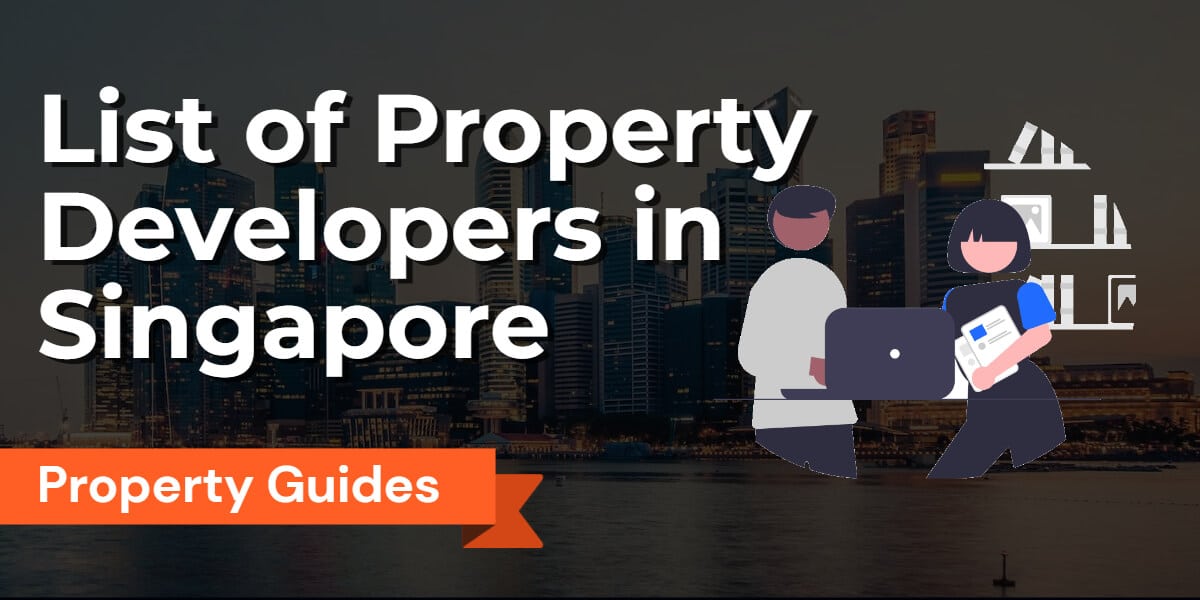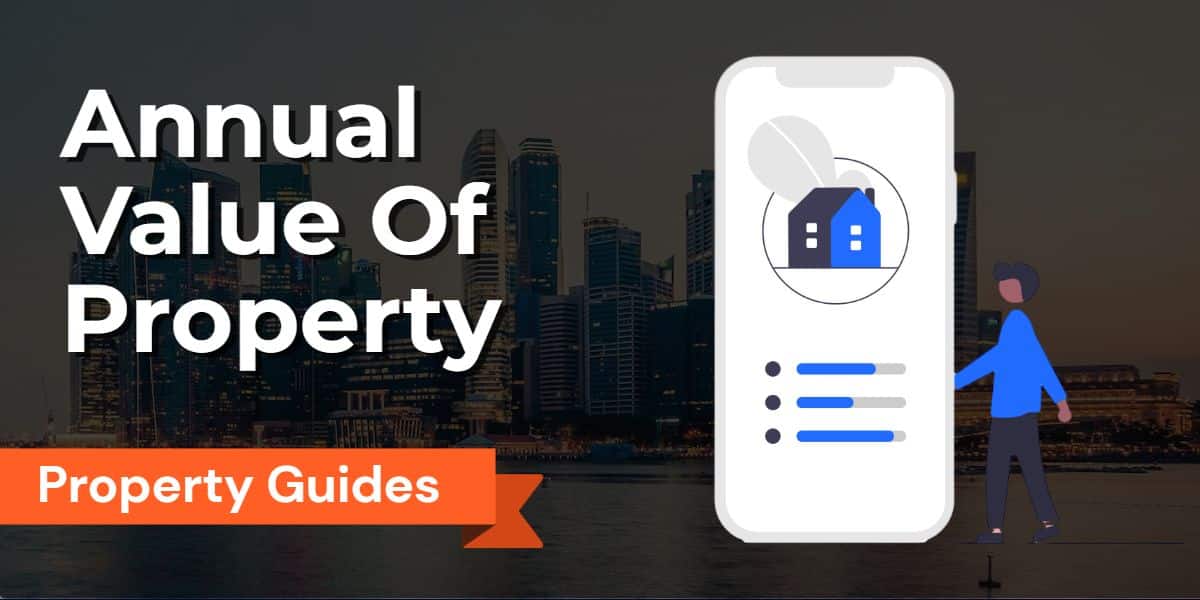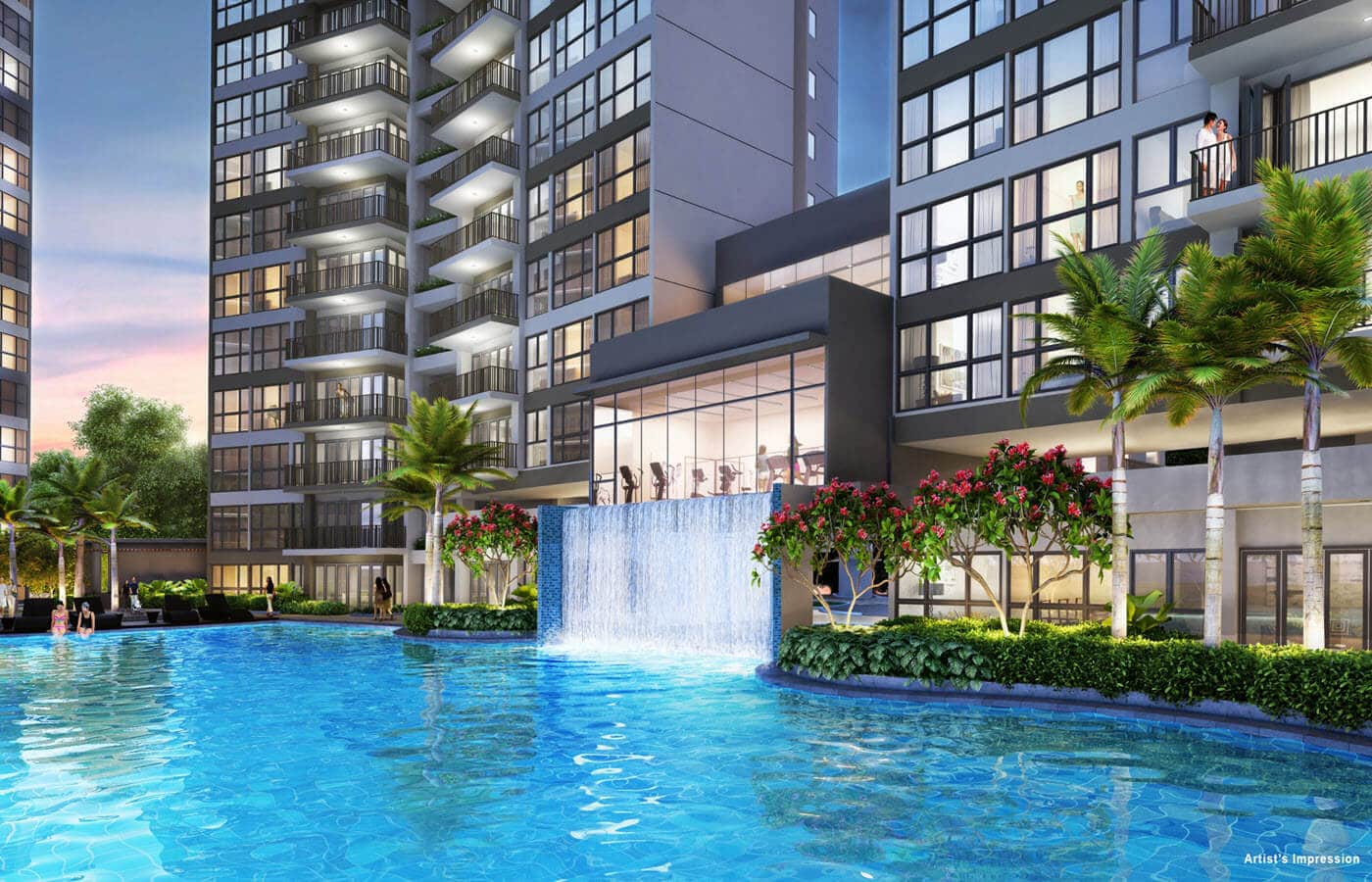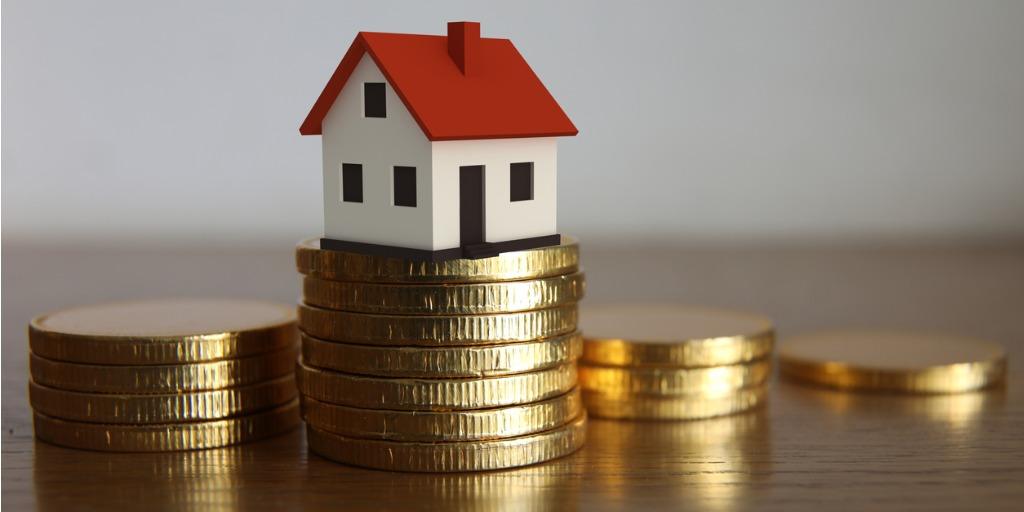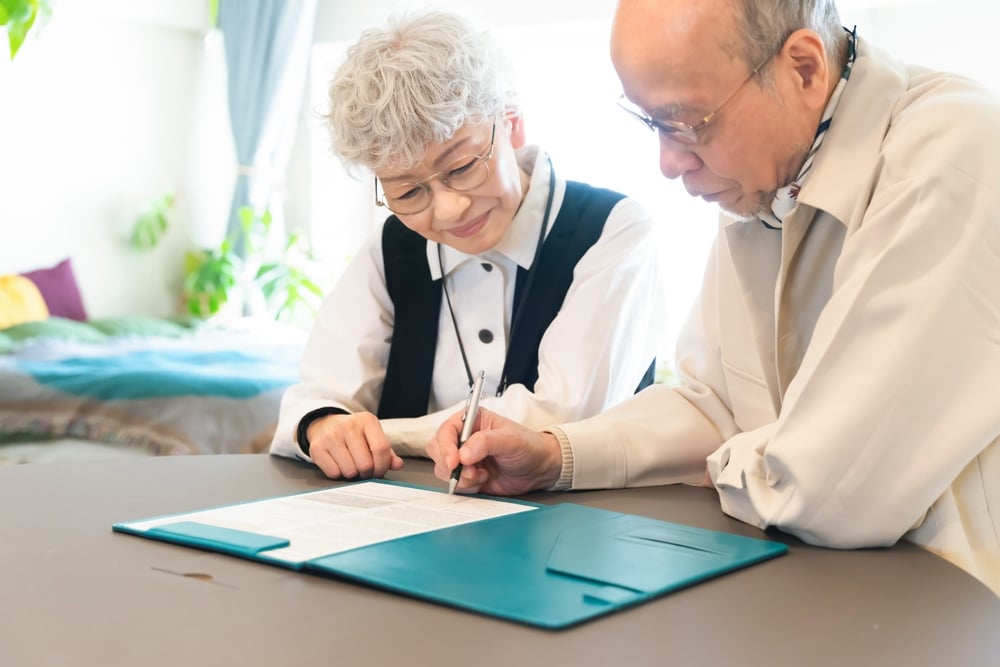
Knowing and understanding the HDB inheritance rules and regulations in Singapore is important to avoid any disputes among family members and ensure a smooth transfer of ownership.
Understanding HDB inheritance rules and regulations is crucial to ensure a smooth inheritance process without any legal complications.
In this article, we will cover all you need to know about HDB inheritance, the legal requirements, and how it affects the ownership of an HDB flat in Singapore.
Key Takeaways
| Key Takeaway | Explanation |
|---|---|
| HDB inheritance | HDB inheritance refers to the transfer of HDB flat ownership from a deceased owner to another person through legal inheritance processes. Certain individuals are eligible to inherit an HDB flat in Singapore, including the spouse, children (including legally adopted children), parents, and siblings in specific circumstances. |
| Legal process | The process of inheriting an HDB flat involves obtaining the Notice of Death, obtaining the Grant of Probate or Grant of Letters of Administration (in the absence of a will), applying to transfer the ownership of the HDB flat, completing legal documents, and lodging them with the Singapore Land Authority. Once approved, the new owner(s) can assume ownership and management of the HDB flat. |
| Documents required | The documents required for inheriting an HDB flat include the Notice of Death, Grant of Probate or Letters of Administration, and documents related to asset transfer as stipulated by the Intestate Succession Act or Sharia Law (for Muslim estates). |
| Intestate Succession Act | The Intestate Succession Act governs the distribution of assets for individuals who pass away without a valid will. It includes provisions for the distribution of assets, including HDB flats. In cases of HDB inheritance, the Act guides the legal process of transferring flat ownership to the rightful heir(s). |
| Flat ownership transfer | Flat ownership transfer based on inheritance involves obtaining an inheritance certificate or grant of probate or Letters of Administration, transferring ownership through legal documentation, and lodging the documents with the Singapore Land Authority. |
| Conveyancing process | The conveyancing process for HDB flats differs from private properties due to the nature of HDB flats being public housing. Conveyancing for HDB flats involves transferring the lease from the deceased person’s name to the name of the new owner, with associated fees such as conveyancing fees and application fees. |
| Permanent residents’ inheritance | When a permanent resident owner of an HDB flat passes away, the flat ownership is transferred based on inheritance laws. If there is no will, the Syariah Court applies Syariah Law Faraid principles for Muslims, while the Intestate Succession Act applies to non-Muslim sole owners, with surviving spouses, children, or parents as potential beneficiaries. Non-permanent residents are not allowed to own HDB flats and cannot pass them on to their heirs. |
| Joint tenancy vs. tenancy-in-common | Joint tenancy refers to equal ownership shares in an HDB flat, while tenancy-in-common allows separate ownership shares. In the case of joint tenancy, the surviving joint tenant(s) automatically becomes the sole owner(s) of the flat. The remaining co-owners of an HDB flat can choose to sell the flat and divide the proceeds or one co-owner can buy out the others to become the sole owner. Sole ownership of an HDB flat is subject to eligibility rules. |
| Beneficiary’s existing property | If a beneficiary already owns another property, they must decide which property to keep. Keeping the inherited HDB flat may require selling the other property to comply with HDB’s regulations. The inheritance of an HDB flat affects the beneficiary’s property portfolio and may have tax implications, including stamp duty, stamp fees, property inheritance tax, estate duty, and clearance fees. Professional advice is recommended before making property decisions. |
| Impact on supply and demand | HDB inheritance affects the supply and demand of HDB flats. When a flat owner dies, the flat becomes part of their |
Understanding HDB Inheritance Rules in Singapore

What is HDB Inheritance?
HDB inheritance refers to the passing down of an HDB flat ownership from a deceased owner to another person through legal inheritance processes.
This is important to understand whether you are the HDB flat owner yourself or are likely to inherit an HDB flat in Singapore.
Who Can Inherit an HDB Flat?
When it comes to HDB inheritance, it is important to note that only certain people can inherit an HDB flat in Singapore.
According to the Intestate Succession Act, the categories of people who can inherit an HDB flat are:
- Spouse
- Children, including legally adopted children
- Parents
- Siblings but only in certain circumstances and situations
It’s important to note that these people can only inherit an HDB flat if the deceased owner is not survived by any spouse or children.
What Happens to HDB Flat Ownership When the Owner
Passes Away?
When the owner of an HDB flat passes away, the property is considered an asset of the deceased estate.
The legal process of inheriting an HDB flat entails following the requirements as stipulated in the Intestate Succession Act, regulations passed by the Singapore Land Authority, and satisfying legal requirements for asset transfer.
The Process of Inheriting an HDB Flat in Singapore
What is the Process of Inheriting an HDB Flat?
The process of inheriting an HDB flat typically involves the following steps:
- Obtaining the Notice of Death
- Obtaining the Grant of Probate or Grant of Letters of Administration
- After obtaining the Grant of Probate and the Grant of Letters of Administration, apply to transfer the ownership of the HDB flat.
- Complete legal documents and lodge them with the Singapore Land Authority.
- Once approval is obtained, the new owner(s) can take over the HDB flat ownership and management.
What Documents Are Required to Inherit an HDB
Flat?
The documents required for inheriting an HDB flat in Singapore include the following:
- Notice of Death
- Grant of Probate or Letters of Administration
- Documents required for asset transfer according to the Intestate Succession Act or Sharia Law (for Muslim estates)
What Happens If There Is No Will or Inheritance
Certificate?
If there is no will or inheritance certificate, the inheritance will be governed by the Intestate Succession Act of Singapore.
In such a scenario, the deceased estate’s assets will be managed based on the rules outlined in the Act.
Key Legal Requirements for Inheriting an HDB Flat

What are the Legal Requirements for Inheriting an HDB
Flat?
There are various legal requirements to inherit an HDB flat in Singapore, and these include the following:
- Complying with the Intestate Succession Act
- Applying for an inheritance certificate or grant of probate or Letters of Administration (when there is no will)
- Transferring flat ownership based on HDB inheritance rules
What is Intestate Succession Act, and How Does It Affect
HDB Inheritance?
The Intestate Succession Act lays out the rules for asset distribution for people who have passed away without leaving a valid will.
The Act governs the distribution of assets, including HDB flats.
The Act includes provisions for Muslim and non-Muslim estates in Singapore.
In the event of HDB inheritance, the Act guides the legal process of transferring the flat ownership to the rightful heir(s).
How is Flat Ownership Transferred Based on Inheritance?
Flat ownership transfer based on inheritance involves various legal processes and procedures to ensure the transfer is done legally.
These procedures include obtaining an inheritance certificate or grant of probate or Letters of Administration, transferring ownership of the HDB flat to the rightful heir(s) through the legal documentation, and lodging the documents with the Singapore Land Authority.
Exploring HDB Inheritance Laws and Intestate Succession Act
What are the Laws Governing HDB Inheritance in
Singapore?
HDB inheritance is governed by various laws, including the Intestate Succession Act, regulations passed by the Singapore Land Authority, Sharia Law (for Muslim estates), and other legal provisions that may apply in specific scenarios.
Understanding the laws governing HDB inheritance is critical to ensure a smooth inheritance process without legal implications.
What is the Intestate Succession Act?
The Intestate Succession Act is a Singapore law that governs the distribution of assets of a person who has died without leaving behind a valid will.
The Act addresses property transfers for both Muslim and non-Muslim estates in Singapore, including the inheritance of HDB flats.
What Happens When the HDB Flat Owner Passes Away
Without a Will?
When an HDB flat owner passes away without a will in Singapore, the Intestate Succession Act comes into play to determine the rightful heir(s) and how flat ownership is transferred.
The Act lays out provisions for the distribution of assets among potential beneficiaries and may include complications involving multiple beneficiaries or categories of beneficiaries.
How the Ownership of an HDB Flat is Affected When the Owner Passes Away

What Happens to HDB Flat Ownership When the Owner
Passes Away?
When the owner of an HDB flat passes away, the flat becomes an asset of the deceased estate.
The HDB flat ownership is transferred to the rightful heir through a legal process and documentation in accordance with HDB inheritance rules in Singapore.
Can an Inherited HDB Flat be Sold?
Yes, an inherited HDB flat can be sold, but ownership transfer must first follow the legal process outlined under the HDB inheritance rules.
Once the ownership transfer is complete, the rightful heir(s) can decide to sell the inherited HDB flat.
However, possible factors affecting the sale include the minimum occupation period and eligibility restrictions under HDB policies.
What Happens if the Inherited Flat Owner Dies Before
Selling the HDB Flat?
If the inherited HDB flat owner dies before the flat is sold, the ownership rights under the HDB rules and regulations will be transferred to the next rightful heir according to the Intestate Succession Act.
The transfer process may take time and cost money, depending on the case’s complexity, and it is important to have a clear understanding of HDB inheritance rules to avoid unnecessary complications.
Inheritance Process for Private Property versus HDB Flats
What is the main difference between inheriting a private
property versus an HDB flat?
The main difference between inheriting a private property and an HDB flat lies in the type of property ownership.
Private property owners typically own the property on a freehold or leasehold basis, whereas HDB flat owners lease the property from the government.
This means that when a private property owner passes away, the property can be inherited by a beneficial owner or via a will.
However, in the case of HDB flats, the property can only be inherited by those who are eligible to own an HDB flat.
Is the conveyancing process the same for both types of
properties?
No, the conveyancing process for HDB flats differs from private properties due to the nature of HDB flats being a form of public housing.
For HDB flats, the conveyancing process involves transferring the lease from the deceased person’s name to the new owner’s name.
During this process, various fees, such as conveyancing fees and application fees, may be charged.
What are the fees involved in the conveyancing process for
HDB flats?
For HDB flats, the fees involved in the conveyancing process include an administrative fee of $40, conveyancing fees ranging from $1,800 to $2,000, and an application fee of $40.
These fees are subject to change in the future.
HDB Flat Inheritance and Its Implications for Singapore Permanent Residents

What happens to an HDB flat when a permanent resident
owner passes away?
When a permanent resident owner passes away, his or her HDB flat ownership will be transferred based on inheritance laws.
If the deceased person did not leave a will, the flat will be dealt with by the Syariah Court based on the Syariah Law Faraid principles for Muslims.
For non-Muslim sole owners, the surviving spouse, children, or parents will inherit the flat based on the Intestate Succession Act.
Non-permanent resident owners are not allowed to own an HDB flat and, therefore, cannot pass it on to their heirs.
Can a non-permanent resident inherit an HDB flat?
No, non-permanent resident owners are not allowed to own an HDB flat and, therefore, cannot pass it on to their heirs.
The flat has to be sold, and the proceeds can be distributed among the beneficiaries.
What is the holding period for permanent residents who
wish to transfer their flat ownership to their families?
The holding period for permanent residents who wish to transfer their flat ownership to their families is 5 years from the date of flat purchase.
This holding period applies irrespective of whether the flat is inherited or gifted to the family members.
Common Questions and Answers About HDB Inheritance
What happens to an HDB flat when the owner passes
away?
When an HDB flat owner passes away, the beneficiaries will inherit the flat based on the inheritance laws.
The beneficiaries will have to complete the necessary paperwork and conveyancing process to transfer the flat ownership to their names.
During this process, fees may be charged, as mentioned earlier.
What if the deceased person did not leave a will?
If the deceased person did not leave a will, the flat will be dealt with according to the Intestate Succession Act for non-Muslims and the Syariah Law Faraid for Muslims.
How are the proceeds from the sale of the HDB flat
distributed among the beneficiaries?
The proceeds from the sale of the HDB flat will be distributed among the beneficiaries based on each beneficiary’s share as prescribed by the inheritance laws.
However, if only one HDB flat is owned by the deceased person, there may be restrictions on the sale of the flat as the beneficiaries may be required to inherit the flat within the family nucleus.
Factors That Affect HDB Inheritance and Flat Ownership
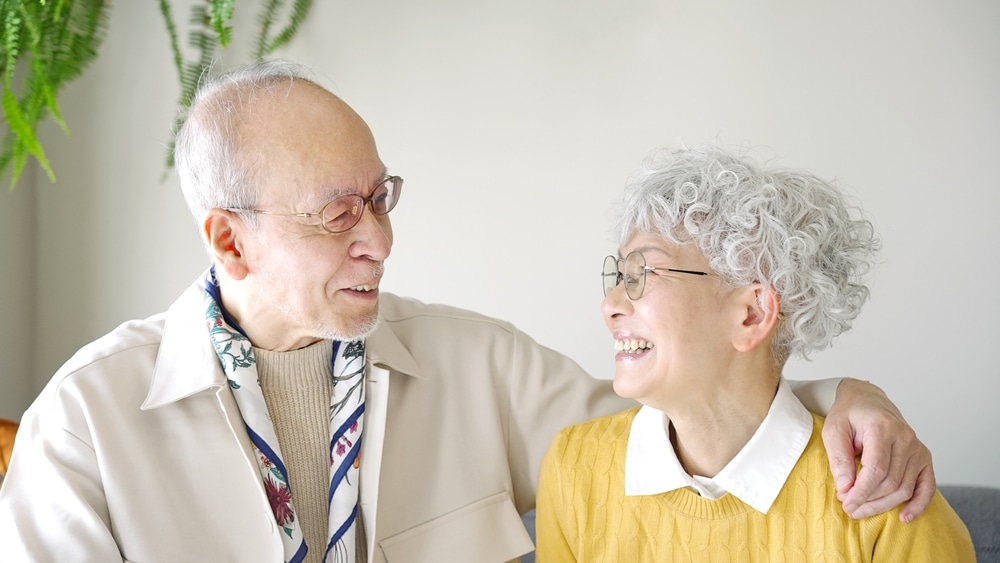
What is the difference between joint tenancy and tenancy-
in-common schemes?
Joint tenancy and tenancy-in-common schemes are different from each other.
Joint tenancy refers to the ownership of the HDB flat by two or more people in equal shares, usually husband and wife.
Tenancy-in-common scheme refers to the ownership of the HDB flat by two or more people who own separate shares and can dispose of their shares to others at any time.
These schemes affect the way HDB inheritance is carried out, and it is important to understand the differences between them to avoid any disputes in the future.
What happens to the HDB flat if the deceased owner was a
joint tenant?
If the deceased owner was a joint tenant, the surviving joint tenant(s) will inherit the deceased person’s share of the flat with full rights to the flat.
The joint tenant(s) will not need to go through the transfer of ownership process, as the transfer will happen automatically.
Who are considered eligible owners under the HDB flat
ownership scheme?
Under the HDB flat ownership scheme, eligible owners are Singapore citizens, permanent residents, and joint singles.
In addition, they must form a family nucleus or a single group to purchase the flat.
A family nucleus refers to any of the following groups: married/courting couples, parents and children, widowed/divorced individuals with children, or siblings.
Inheriting an HDB Flat When There Are Other Owners Involved
What are the options for the remaining co-owners of an
HDB flat when one of them passes away?
When one of the co-owners of an HDB flat passes away, the remaining co-owners have to decide on the way forward.
They can choose to sell the flat and divide the proceeds among themselves, or one of the co-owners can buy over the interest in the HDB flat and become the sole owner.
The process of buying over the interest in the HDB flat will involve conveyancing fees and other charges.
What if the deceased owner was the sole owner of the HDB
flat?
If the deceased owner was the sole owner of the HDB flat, the flat will be inherited based on the inheritance laws.
The surviving family members who are eligible owners can inherit the flat.
If there are no eligible owners, the flat will go back to the government.
What are the implications of the Singapore Syariah Law
Faraid on HDB inheritance?
The Syariah Law Faraid applies to the inheritance of Muslims in Singapore, including Muslim owners of HDB flats.
The Syariah Court will deal with the inheritance of HDB flats and decide on the distribution of the flat according to the Faraid principles.
It is important for Muslim HDB owners to be aware of this and make the necessary arrangements through a will or other means to ensure that their wishes are carried out.
What is HDB Inheritance and How Does it Work?

Understand the Concept of HDB Inheritance
HDB inheritance is a process of inheritance where a beneficiary inherits an HDB flat from a deceased parent.
The beneficiary may be the deceased’s living spouse, child, or parent.
The deceased parent may have either owned the HDB flat under the sole ownership or in joint tenancy with another person.
How Does HDB Inheritance Work in Singapore?
After the death of the HDB flat owner, the property in question can be transferred to the beneficiary under the rules of HDB inheritance.
If the HDB flat is jointly owned, the surviving joint tenancy owner automatically becomes the sole owner of the flat.
What Happens to an HDB Flat After the Owner Passes
Away?
After the death of the HDB flat owner, the property is usually sold, and the sale proceeds are distributed to the beneficiaries.
The buyer will then become the new owner of the flat.
If there are no beneficiaries, the HDB flat will be transferred to the state.
Considerations for Beneficiaries Who Already Own an HDB Flat
What Happens if the Beneficiary Already Owns Another
Property?
If the beneficiary already owns another property, they will have to decide which property they want to keep.
If they choose to keep the inherited HDB flat, they will have to sell their other property to comply with HDB’s rules and regulations.
How Does Inheriting an HDB Flat Affect the Beneficiary’s
Property Portfolio?
If the beneficiary decides to keep the inherited HDB flat, it will be included as part of their assets or property portfolio.
However, if the beneficiary sells the inherited HDB flat, they may have to pay property tax.
Also, if the beneficiary is unable to fulfill the requisite occupation period, they may lose their HDB ownership eligibility.
What are the Tax Implications of Inheriting an HDB Flat?
Inheriting an HDB flat may have tax implications.
The beneficiaries may be required to pay stamp duty, stamp fees, and property inheritance tax.
There may also be estate duty and estate duty clearance fees imposed.
As such, before making any decisions on property matters, beneficiaries should seek legal or professional advice.
Exploring the Impact of HDB Inheritance on Singapore’s Property Market

How Does HDB Inheritance Affect the Supply and Demand
of HDB Flats?
HDB inheritance affects the supply and demand of HDB flats.
When the HDB flat owner dies, the flat becomes part of their estate.
If the flat is eventually sold or transferred, it will decrease the supply of HDB flats.
This can, in turn, increase the demand for HDB flats, causing prices to rise.
What are the Consequences of HDB Inheritance on Housing
Affordability?
HDB inheritance may also affect housing affordability.
The high demand for HDB flats can increase prices, making it difficult for those who cannot afford to purchase them.
This issue can be further compounded by limitations on the number of HDB flats available for purchase at any given time.
Can HDB Inheritance Lead to a Weaker Property Market?
HDB inheritance may lead to a weaker property market if a significant number of HDB flats are returning to the market.
This can cause a downturn in property prices and affect the value of HDB flats throughout the country.
Legal Procedures and Documents Required for HDB Inheritance
What are the Legal Requirements for HDB Inheritance?
The legal requirements for HDB inheritance include obtaining a death certificate and filing a Notice of Death with the relevant authorities.
The beneficiaries will also need to provide proof of their relationship with the deceased, show evidence of estate duty clearance, and obtain a Grant of Probate or Letters of Administration.
What Documents Are Required for HDB Inheritance?
The documents required for HDB inheritance include Original copies of the death certificate, a copy of the latest HDB property tax bill, the identity cards of the beneficiaries, and evidence of estate duty.
Additional documents may be required, depending on the inheritance’s specific circumstances.
What is the Application Process for HDB Inheritance?
The application process for HDB inheritance involves filling out the necessary forms and providing all the required documents.
The completed application form and supporting documents must be submitted to the Housing and Development Board.
The board will then process the application and inform the beneficiaries with regard to the outcome.
Challenges and Complications in HDB Inheritance Cases

What are the Common Complications in HDB Inheritance
Cases?
One of the most common complications in HDB inheritance cases is determining the ownership share of the flat.
This can be particularly challenging if the deceased owner has multiple beneficiaries or partial ownership.
Additionally, estate debts may need to be paid off before the beneficiaries can claim their share of the estate.
What are the Challenges Faced by Beneficiaries During HDB
Inheritance?
Beneficiaries may face several challenges during the HDB inheritance process, such as dealing with the emotional aftermath of their loved one’s passing, navigating complicated legal procedures, and disagreements with other beneficiaries.
How Can These Complications and Challenges Be
Addressed?
One potential solution is to engage an estate planning plan or property agent to help beneficiaries navigate the complex legal and financial matters surrounding inheritance.
An estate planning plan can also help beneficiaries plan for the future and smoothly bring their estate to fruition.
Estate Planning and HDB Inheritance: Ensuring a Smooth Transition
What is Estate Planning, and Why is it Important?
Estate Planning is the process of planning for the distribution of an individual’s personal estate and assets after their death.
It is important as it ensures that the individual’s wishes are carried out, their loved ones are taken care of, and the impact of estate duty is minimized.
How Can Estate Planning Help in the Process of HDB
Inheritance?
Estate planning can help the beneficiaries of HDB inheritance by ensuring a smooth transition of the inherited property.
With proper planning, beneficiaries can avoid or minimize the complications and challenges that often arise during the HDB inheritance process.
What are Some Estate Planning Strategies for HDB
Inheritance?
Some estate planning strategies for HDB inheritance include creating a will or a trust, transferring property through nominees, or utilizing the Joint Tenancy Scheme.
Generally, the rule of thumb for estate planning is to start early and review the plan regularly to ensure it remains up to date.
Conclusion
In conclusion, understanding the HDB inheritance rules in Singapore is crucial for both current HDB flat owners and potential beneficiaries.
HDB inheritance involves the legal transfer of ownership from a deceased owner to a rightful heir through a well-defined process.
It is important to note that only certain individuals, such as spouses, children, parents, and siblings in specific circumstances, can inherit an HDB flat.
The process of inheriting an HDB flat typically involves obtaining the necessary documents, such as the Notice of Death and Grant of Probate or Letters of Administration, and applying for ownership transfer with the Singapore Land Authority.
Compliance with the Intestate Succession Act and other legal requirements is essential throughout the process.
It is important to know the various laws and regulations governing HDB inheritance in Singapore, including the Intestate Succession Act, regulations from the Singapore Land Authority, and Sharia Law for Muslim estates.
These laws outline the distribution of assets, including HDB flats, and guide the legal processes involved in transferring ownership.
For permanent residents, it is important to understand that non-permanent residents cannot inherit HDB flats.
The holding period for permanent residents who wish to transfer their flat ownership to their families is five years from the date of purchase.
It is crucial to consider the implications of HDB inheritance on property portfolios, tax obligations, and the overall property market.
Beneficiaries who already own a property must decide which property to keep and may need to sell their existing property to comply with HDB regulations.
To explore further topics related to HDB inheritance and gain a comprehensive understanding, we encourage you to check out our other blog articles on Singapore’s property laws, regulations, and market trends.
By staying informed, you can navigate the HDB inheritance process smoothly and make well-informed decisions regarding HDB flats and property ownership in Singapore.
Frequently Asked Questions
What are HDB inheritance rules?
HDB inheritance rules refer to the guidelines set by the Housing & Development Board (HDB) for the transfer of ownership of an HDB flat after the flat owner passes away.
What happens to the HDB flat if the flat owner passes away?
The HDB flat will be transferred to the next of kin or beneficiaries after the flat owner passes away.
What if the beneficiary already owns an HDB?
The beneficiary may have to relinquish ownership of one of the HDB flats as owning more than one HDB flat at a time is not allowed.
How is ownership of the HDB flat determined?
Ownership of the HDB flat is determined by the deceased’s will (if any), or by the Intestate Succession Act if there is no will.
Can ownership of the HDB flat be transferred to someone who is not a Singapore citizen?
No, only Singapore citizens are eligible to own an HDB flat.
What happens if the HDB flat has other co-owners?
The deceased’s share of the HDB flat will be transferred to the beneficiary(s) according to the rules set by HDB inheritance guidelines.
How can I retain the HDB flat after the flat owner passes away?
You will need to comply with all the inheritance procedures set by HDB and retain the flat as a legal owner or co-owner of the HDB flat.
What if I have questions about HDB inheritance rules?
You can refer to the HDB website for a guide to HDB inheritance or consult a lawyer who specializes in HDB inheritance matters.
What if the flat was purchased under Islamic inheritance law?
The HDB flat will be transferred to the beneficiary(s) according to the Islamic inheritance law or the Intestate Succession Act if there is no will.
What if I have a separate interest in the HDB flat?
You will need to declare your interest in the HDB flat and comply with all the inheritance procedures set by HDB guidelines to retain your interest in the HDB flat.











